Dutch startup Blockrise has marked a regulatory milestone by securing a license under the MiCA framework, granted by the Authority for the Financial Markets (AFM). This breakthrough allows the company to offer fully regulated digital asset financial services across the European Union, including the immediate launch of a new credit line for corporate clients. Jos Lazet, the company’s CEO, confirmed that this approval is the fundamental basis for structuring its Bitcoin-backed loans operations in a safe and legal manner.
The recently issued license empowers Blockrise to provide custody, trading, and asset management under strict standards, validating its business model before institutions. Starting today, the firm introduces a credit service exclusive to businesses, where initial financing amounts start at 20,000 euros (approximately 23,150 dollars).
Borrowers can collateralize their Bitcoin holdings to obtain immediate liquidity without needing to sell their assets, with an initial interest rate of 8% that is reviewed monthly. Although MiCA regulations do not yet specifically cover crypto lending, the custody license acts as the indispensable prerequisite to operate these products within current regulatory limits.
Can European MiCA regulation transform access to traditional corporate credit?
This development comes at a crucial time for the industry, as the full implementation of MiCA in late 2024 seeks to standardize the rules of the game on the continent. Blockrise, founded in 2017, has operated with a “semi-custodial wallet” approach that offers institutional security through hardware security modules (HSM), differentiating itself from pure self-custody. The company currently manages around 100 million euros in client assets, using an infrastructure where private keys remain secure in digital vaults and require the signature of both the user and the platform to execute transactions.
The ability to access working capital using crypto assets as collateral solves a historic liquidity problem for Bitcoin-holding companies in the region. By not having to liquidate their positions to cover operating expenses, companies can maintain their exposure to the long-term appreciation potential of the digital asset. This regulated model offers a robust alternative to decentralized finance (DeFi), attracting corporate treasuries that require strict regulatory compliance and audited security for their strategic financial operations.
Obtaining this license positions Blockrise as a pioneer in the convergence between traditional banking and digital assets in Europe. Jos Lazet anticipates that the scope of MiCA will expand in the future to explicitly include areas such as mining and payments, which will allow for further scaling of the offering of cryptocurrency-based financial services. Meanwhile, the market watches closely how this precedent could incentivize other institutions to adopt similar standards, driving broader and safer institutional adoption of Bitcoin as top-tier financial collateral.

